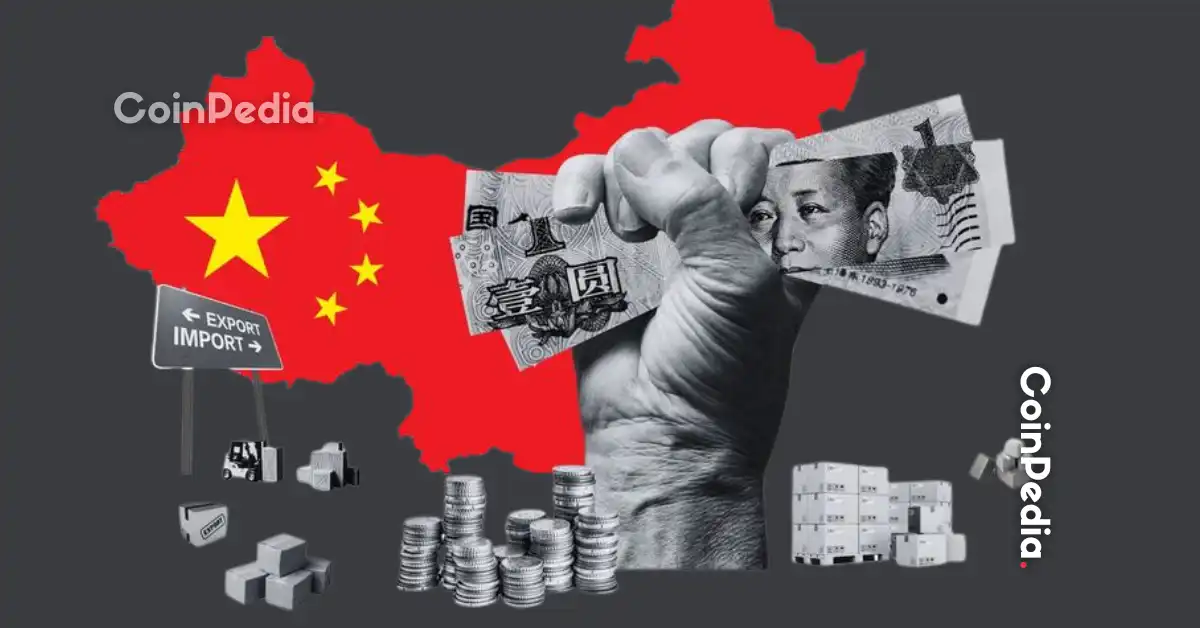
A new wave of tension has risen between global superpowers China and the United States, this time over the control of stolen Bitcoin, adding a fresh layer of conflict in the cryptocurrency world. The alleged $13 billion worth of Bitcoin theft has sparked a geopolitical dispute, shaking not just the crypto market but the bilateral relations of these nations.
What Led to the Bitcoin Dispute?
According to China’s National Computer Virus Emergency Response Center (CVERC), the dispute originates from a massive 2020 hack targeting the LuBian mining pool, a crypto mining operation based in China. During the hack, approximately 127,000 Bitcoins were allegedly stolen and remained untouched for nearly four years. However, recent movements of these stolen coins have reignited the controversy.
The Chinese cybersecurity authority claims that the attack was highly advanced, suggesting the involvement of a “state-level hacking organization.” Furthermore, Chinese state media alleges that the stolen cryptocurrencies were secretly seized and controlled by U.S. officials, alleging their direct involvement in the hacking operation itself.
The U.S. Response
The United States strongly disputes these allegations, stating that the Bitcoin in question was seized appropriately as part of a criminal investigation into Chen Zhi, a Cambodian businessman accused of crypto-related fraud and money laundering. Blockchain analytics firm Arkham Intelligence corroborated this by identifying wallet movements linked to the U.S. government after the long-dormant funds started shifting in 2024.
To clarify, the U.S. insists its activities comply with international law and that there’s no evidence supporting China’s claims of hacking. Yet, the timeline of events and sudden movements of Bitcoin raise skepticism, fueling further accusations against America.
Geopolitical Ramifications and Market Impact
This Bitcoin-related accusation unfolds amid increasing tensions between China and the U.S. over technology and cybersecurity dominance. To China, this dispute extends beyond cryptocurrency—it’s a fight over digital control and political power. On the other hand, the U.S. frames this as a legal matter tied to criminal investigations.
The stakes of this clash reach beyond both nations, sparking concerns within the cryptocurrency market. Experts, including crypto influencers, warn of potential market instability as 127,000 BTC—worth $13 billion—remain in question under government control. These developments could lead to unexpected volatility in Bitcoin prices, further impacting global market sentiment.
How Should Crypto Traders Respond?
Market analysts are urging Bitcoin traders to stay vigilant and avoid emotional decision-making. While the geopolitical risks are evident, they also create unique opportunities for those who remain level-headed. Monitoring trusted sources, such as CoinPedia, for real-time updates and expert analysis can help navigate the uncertain market conditions.
Alternative Tools to Navigate the Crytpo Market
In these turbulent times, leveraging analytical tools like CryptoTracker can help traders gain insights into trends and track Bitcoin movements. Additionally, institutions specializing in crypto security, such as Ledger, offer cryptocurrency wallets that ensure your holdings remain safe from potential hacks. Explore their reliable hardware wallet options here.
The U.S.-China Bitcoin clash serves as a wake-up call to the global community about the growing intersection of cryptocurrency and geopolitical stakes. With $13 billion at play, the ripple effects of this dispute will be felt across the crypto and financial worlds.






